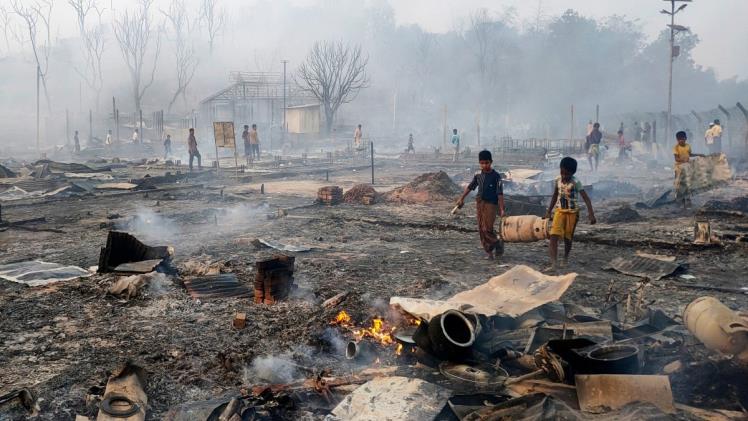In an era marked by the proliferation of authoritarian regimes, the protection and promotion of human rights face unprecedented challenges. Across the globe, individuals living under oppressive governments endure systemic abuses, including censorship, surveillance, arbitrary detention, and persecution based on their beliefs, identities, or affiliations. As the international community grapples with the urgent need to address human rights crises in authoritarian states, evaluating the effectiveness of global responses becomes essential to safeguarding the dignity, freedom, and security of vulnerable populations.
The Pervasiveness of Authoritarianism
Authoritarian regimes have gained prominence in recent years, exploiting populist rhetoric, nationalist sentiments, and technological advancements to consolidate power and suppress dissent. From China’s crackdown on Uighur Muslims in Xinjiang to Russia’s suppression of political opposition and civil society, authoritarian leaders employ a range of tactics to maintain control and silence dissenting voices.
In the face of systemic human rights abuses perpetrated by authoritarian regimes, the international community faces a moral imperative to take decisive action to uphold universal human rights principles and hold perpetrators accountable for their actions.
Challenges in International Responses
Despite widespread recognition of the need to address human rights abuses in authoritarian states, international responses often fall short of achieving meaningful impact due to various factors. These include geopolitical considerations, diplomatic interests, economic dependencies, and concerns about sovereignty, which can hinder efforts to mobilize collective action and exert pressure on authoritarian governments.
Furthermore, authoritarian regimes frequently exploit regional alliances, international fora, and diplomatic engagements to shield themselves from scrutiny and criticism, undermining efforts to hold them accountable for their human rights violations.
Multifaceted Approaches to Addressing Human Rights Crises
Effectively addressing human rights crises in authoritarian regimes requires a multifaceted approach that combines diplomatic engagement, targeted sanctions, multilateral cooperation, and grassroots activism. Diplomatic efforts can involve engaging in dialogue with authoritarian governments to advocate for reforms, releasing statements condemning human rights abuses, and leveraging bilateral and multilateral relationships to apply pressure and influence.
At the same time, targeted sanctions, asset freezes, travel bans, and other punitive measures can be powerful tools to hold perpetrators of human rights abuses accountable and deter future violations. Moreover, multilateral cooperation through international organizations such as the United Nations, regional bodies, and human rights mechanisms can amplify the impact of individual efforts and foster a unified response to human rights crises.
Empowering Civil Society and Supporting Grassroots Movements
Central to addressing human rights crises in authoritarian regimes is empowering civil society actors and grassroots movements working to advance human rights, democracy, and social justice within their communities. By providing support, resources, and solidarity to activists, journalists, human rights defenders, and marginalized groups, the international community can bolster efforts to challenge oppressive regimes, promote accountability, and effect positive change from within.
Moreover, promoting access to information, protecting digital rights, and strengthening civil society networks can help amplify marginalized voices, expose human rights abuses, and mobilize public opinion supporting human rights causes.
Conclusion: A Call to Action
As the global community confronts the enduring challenges posed by authoritarian regimes, the protection and promotion of human rights must remain at the forefront of international agendas. By adopting a holistic and collaborative approach that combines diplomatic engagement, targeted sanctions, multilateral cooperation, and grassroots activism, the international community can work together to hold perpetrators of human rights abuses accountable, support civil society actors, and advance the cause of freedom, justice, and dignity for all. In doing so, we reaffirm our collective commitment to upholding the principles enshrined in the Universal Declaration of Human Rights and building a world where human rights are respected, protected, and upheld for generations.

